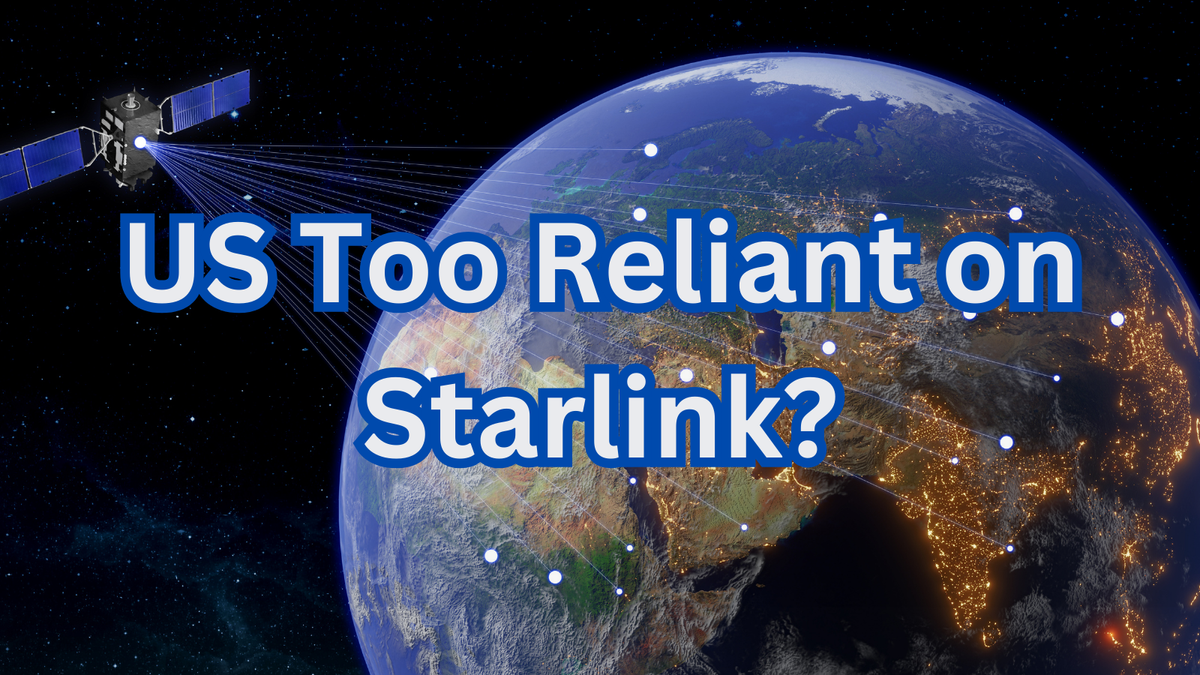Is the U.S. Government Becoming Too Reliant on Elon Musk’s Starlink?

The FBI and DEA want Elon Musk’s satellite tech – but at what cost? Recent revelations show two Justice Department agencies exploring Starlink for field operations, joining a growing list of federal users. While SpaceX’s internet constellation solves critical connectivity gaps, concerns about cybersecurity and Musk’s political ties are mounting. Let’s dive in.
🛰️ Starlink’s Rapid Rise in Federal Operations
- FBI & DEA Field Testing: Both agencies filed RFIs on March 24 for Starlink Mini dishes (5-100 units) and maritime/land data plans, praising its reliability in remote areas and moving vehicles.
- Existing Contracts: State Department, Coast Guard (Alaska outpost), and Interior Department already use Starlink – with CBP adoption reported earlier by FedScoop.
- White House Controversy: House Oversight Democrats warned on April 1 about “cybersecurity blind spots” after Starlink installations at the White House and GSA.
- Global Limitations: State Department bypassed Starlink for Greenland’s temporary consulate due to a Danish military agreement, opting for local provider Tusass.
✅ The Allure: Why Agencies Can’t Resist
- 🚀 Orbital Dominance: SpaceX’s 4,000+ low-Earth orbit satellites provide 3x faster speeds than traditional geostationary systems.
- 🌎 Remote Access: Critical for DEA boats, FBI crisis response teams, and Coast Guard stations in Alaska’s “underserved” regions.
- 💸 Cost Efficiency: Mini dish portability avoids $500K+ satellite truck deployments for temporary operations.

⚠️ Red Flags: Security, Politics, and Monopoly Risks
- 🔒 Encryption Unknowns: House Oversight warns Starlink’s proprietary tech creates “security exposures” for White House communications.
- 🎯 Musk’s Influence: Trump-era contracts and Musk’s control over Ukraine’s battlefield Starlink access raise conflict-of-interest questions.
- 🌐 No Alternatives: Competitors like Amazon’s Kuiper (600 satellites) can’t match SpaceX’s 90% market share in LEO broadband.
🚀 Final Verdict: Necessary Risk or Dangerous Dependency?
Starlink solves urgent connectivity gaps but creates new vulnerabilities:
- 📈 Worth the Gamble If: DoD establishes encrypted government-only network slices and diversifies providers by 2026.
- 📉 Danger Zone: If Musk maintains unilateral control and audits remain classified, expect congressional backlash.
What is yout opinion? Sound off below!
Let us know on X (Former Twitter)
Source: Rebecca Heilweil. FBI and Drug Enforcement Agency are interested in Elon Musk’s Starlink, 2025-04-17. https://fedscoop.com/fbi-dea-interested-in-elon-musk-starlink/










